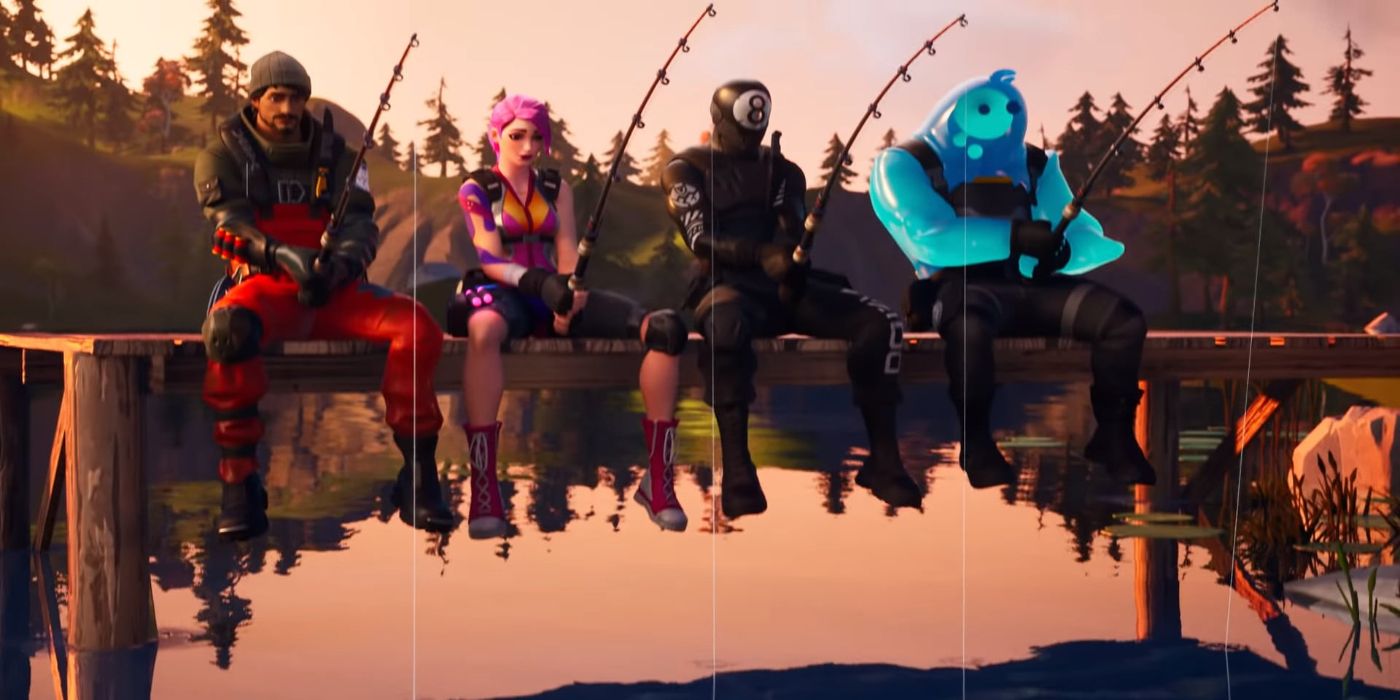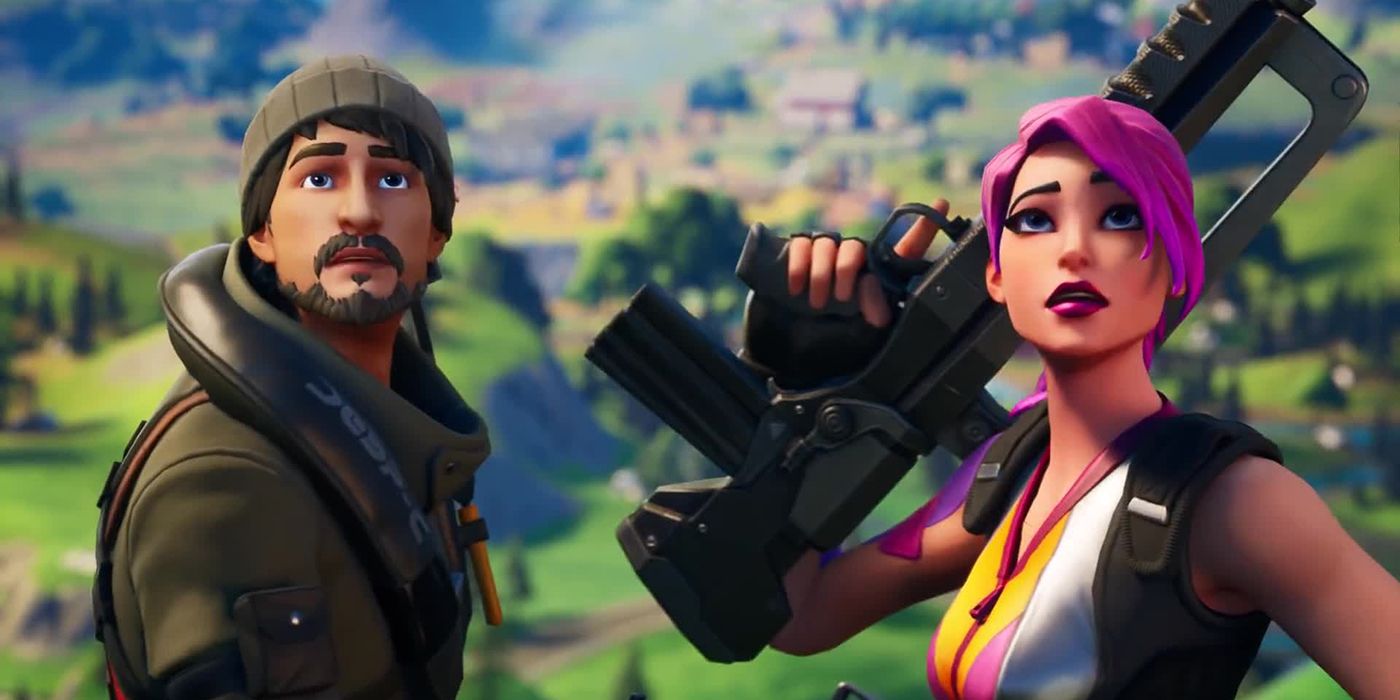38 hours. The biggest game in the world -- currently, at least -- was down and unplayable for 38 hours. A black hole literally sucked up everything and everyone playing the game and then, there was nothing. For 38 hours, if you wanted to play Fortnite, you were out of luck. Or you played this mini-game accessed by doing the Konami code if you were savvy. There are very few developers with the guts to take down its biggest game and miss out on 38 hours' worth of revenue. All to stealth release a reboot of the game in the interest of keeping things fresh.
With a lot of games recently being similar to Fortnite and being based on a free-to-play live service, this blackout is an intriguing proposition for developers to look at. Especially if you have an online game that is hemorrhaging players, this is a great way to reignite interest in your game. Looking at other Battle Royale games, what immediately comes to mind is The Culling. Instead of releasing a sequel, developer Xaviant could've benefited from something like this. Unfortunately, that game has been shut down, a victim of Fortnite's massive success in the genre.
Looking outside the Battle Royale genre, the real-time strategy game AirMech comes to mind. This game has been in development and supported since 2012 and is itself a re-imagining and revival of an old Sega Genesis/Mega Drive title called Herzog Zwei. Over the years, the game has been updated and even renamed AirMech Arena for the console releases, and AirMech Strike for the final 1.0 version. However, all of the updates have focused on added content rather than any substantial changes. Modes, mechs, units, and things of that nature. A reboot could offer new maps, a new faction to side with, new mechanics with the mechs that allow for more action and more strategy. Perhaps even more of a campaign and story to flesh out the world.
Ultimately, I think it stands to reason that something like this shouldn't be that uncommon. With the video game industry desperately forcing players towards a future where most of the games they play are meant to be played for years over and over again as a service, it stands to reason that publishers are not going to keep a player base doing the same thing over and over again. No matter what method companies may think they have found to make easy money, there's still always going to have to be some effort put into it. They're going to have to take risks, and they're going to have to get out of their comfort zone. The results, as Fortnite: Chapter 2 shows, can be rewarding.


